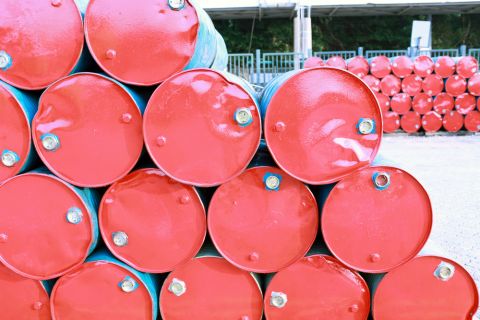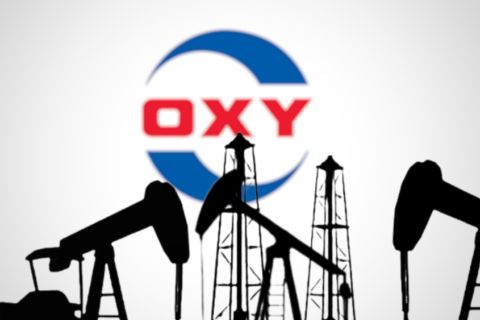After spending decades focused on production growth, oil and gas companies transitioned to a free cash flow model in recent years to boost their financial performance and now it appears investor demands are changing again.
“Firms representing over $100 trillion of assets under management have signed up for responsible investments, stating they will consider ESG when allocating capital,” said Manuj Nikhanj, president of global energy data analytics and SaaS technology company Enverus.
Capital markets and policymakers are taking climate change seriously, Nikhanj told Hart Energy’s Faiza Rizvi, adding that investors and companies evaluating portfolios and quantifying ESG investments are on the rise. Additionally, he noted a good ESG program requires smaller capital investments, which is why he sees ESG investments as a “win-win” for oil and gas operators.
“Top producers in our ESG rankings are spending only tens of millions of dollars per year on ESG initiatives compared to the multibillion-dollar capital programs many of these companies have,” Nikhanj said.
During this exclusive video interview, Nikhanj also explained how ESG is directly impacting security pricing both in terms of lower bond yield and better equity evaluations.
“From a risk standpoint, we are seeing a very clear trend that better performing companies in ESG rankings tend to have lower bond yield,” he said.
ESG is also factoring into the valuation decision of private equity investors. For instance, bad flaring profiles or high methane leakage rates could “prohibit deals from happening or negatively impact valuations,” he said.
Despite an increase in investments, Nikhanj sees a lack of consensus among investors on the right way to analyze ESG data.
“There is no generally accepted accounting principal for ESG, so it makes it really hard for investors to get their hands on trusted, readily-available disclosures,” he said.
This is where Enverus’s ESG Analytics tool comes in, which Nikhanj said brings more consistency and transparency to ESG analytics by making ESG data explainable and quantifiable. Launched in January 2021, Enverus' ESG Analytics lets users track emissions intensity, flaring rates, land use and water use via satellite-enabled proprietary analytics alongside data related to production and economics.
“[ESG Analytics] is being used by both investors and operators to make sense of ESG in the oil and gas space," Nikhanj said.
“The platform allows our clients to analyze greenhouse gas emissions, methane leakage rates, flaring profiles, land and water usage, corporate diversity and much more,” he added.
Jump to a topic:
- ESG investing in oil and gas (0:32)
- Financial implications of ESG (2:51)
- ESG and valuations (4:58)
- Enverus's ESG Analytics tool (7:14)
- Designing ESG strategies (9:20)
Recommended Reading
Kissler: OPEC+ Likely to Buoy Crude Prices—At Least Somewhat
2024-03-18 - By keeping its voluntary production cuts, OPEC+ is sending a clear signal that oil prices need to be sustainable for both producers and consumers.
Buffett: ‘No Interest’ in Occidental Takeover, Praises 'Hallelujah!' Shale
2024-02-27 - Berkshire Hathaway’s Warren Buffett added that the U.S. electric power situation is “ominous.”
President: Financial Debt for Mexico's Pemex Totaled $106.8B End of 2023
2024-02-21 - President Andres Manuel Lopez Obrador revealed the debt data in a chart from a presentation on Pemex at a government press conference.
Thanks to New Technologies Group, CNX Records 16th Consecutive Quarter of FCF
2024-01-26 - Despite exiting Adams Fork Project, CNX Resources expects 2024 to yield even greater cash flow.
Cheniere Energy Declares Quarterly Cash Dividend, Distribution
2024-01-26 - Cheniere’s quarterly cash dividend is payable on Feb. 23 to shareholders of record by Feb. 6.




